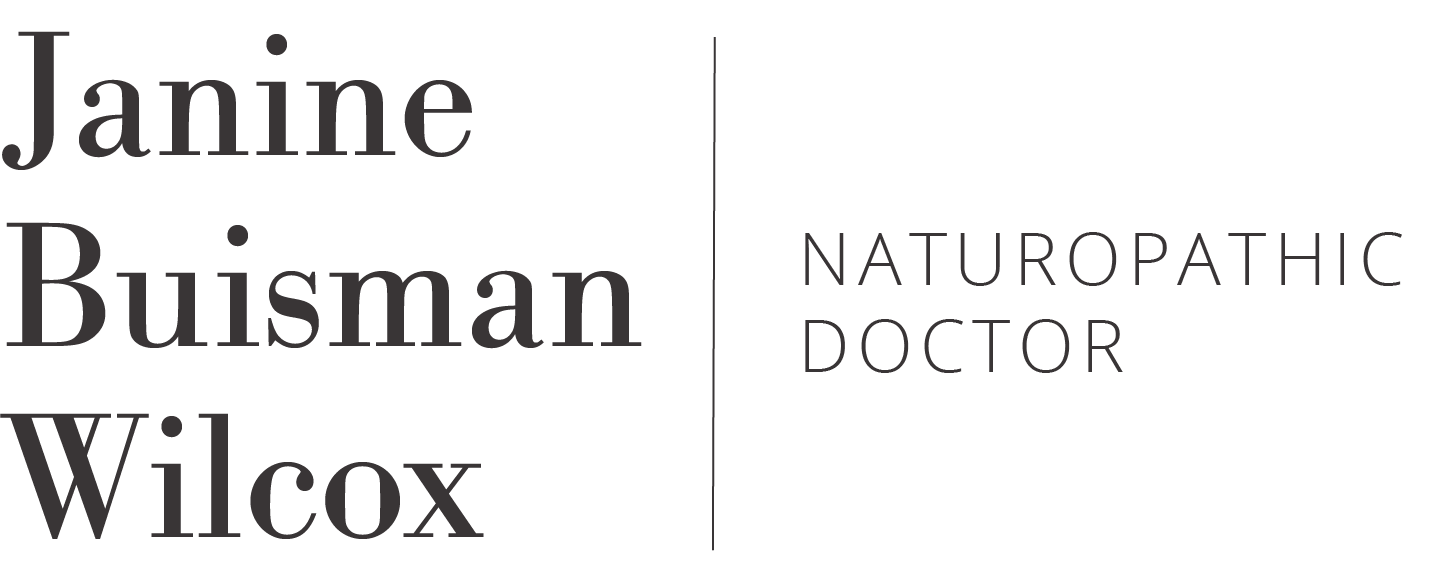Is restriction creating gaps in your nutrition?
Consuming health information online is confusing. People have strong opinions on the health benefits of certain dietary patterns (vegan, keto, paleo, carnivore…) and information is often presented in a way to prove a point, even though it may not always be correct.
We also know that not everyone can digest every food: there are food allergies and FPIES, someone who has Celiac needs to avoid gluten, and someone lactose-intolerant needs to avoid lactose-containing dairy products. This does not mean, however, that these foods are bad for everyone.
Dairy can be a great source of protein, calories, and calcium.
Gluten-containing whole grains can be a great source of fiber and products with gluten will typically be less processed than their gluten-free counterparts.
Meat is a good source of protein, b12, and iron.
Eggs are a good source of protein, fat, and choline.
Soy is a good source of protein, isoflavones, and some vitamins and minerals.
Soy in particular has a bad reputation in relation to estrogen and cancer risk, despite a reasonable amount of research on women WITH breast cancer showing that it has a neutral or beneficial effect, especially when consumed in its whole form and in moderation.
If we’re going to restrict a food; we need to be careful that we’re getting enough of everything else to still meet our needs.
If we decide to restrict a food, it’s also important to be aware of the replacement effect - do you feel better because you’re eating less gluten or because you’re eating less bagels and croissants and more whole foods? Is it the gluten or is it the increased attention you’re bringing to your food choices?
More often than not, we don’t need to restrict, we just need to be more intentional about eating more whole foods, more fruits and vegetables, adequate protein, and eating mindfully.
If you’re looking for support with this, please book a visit!
